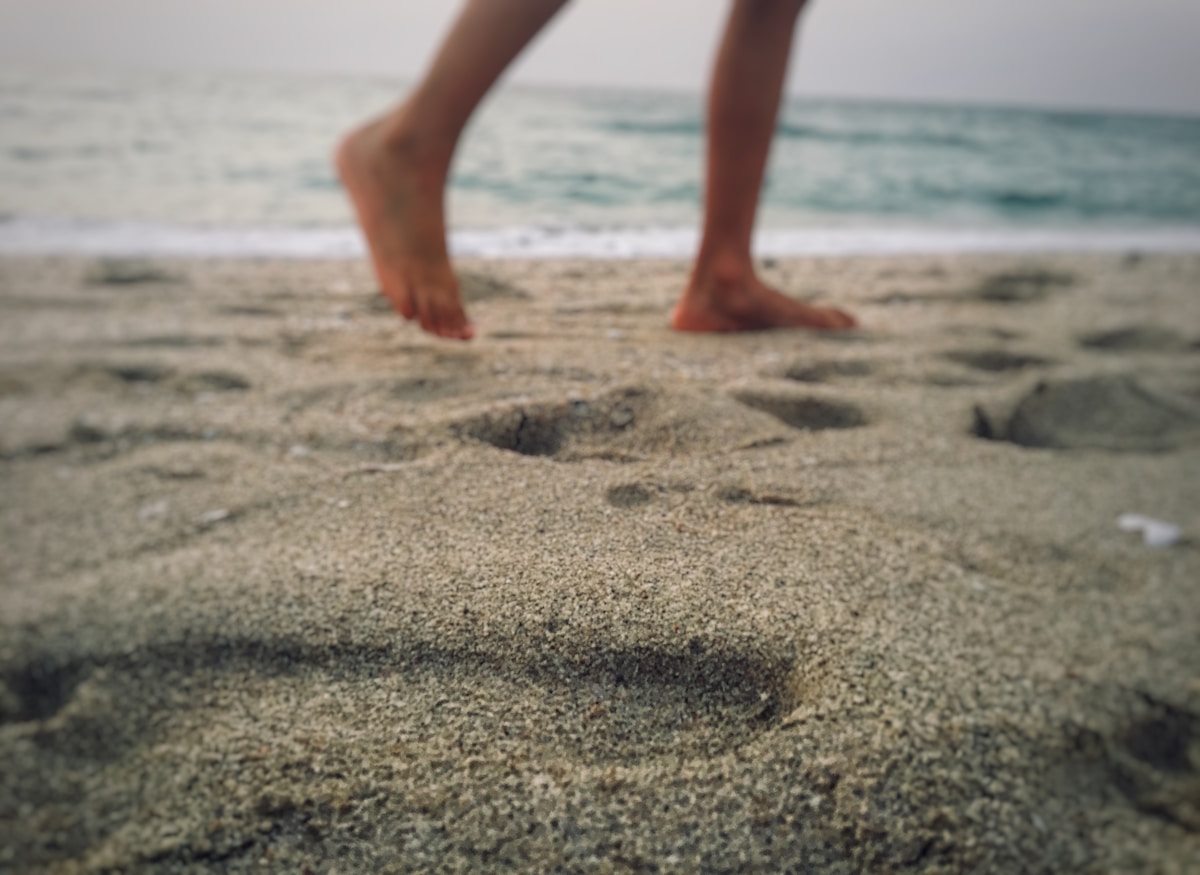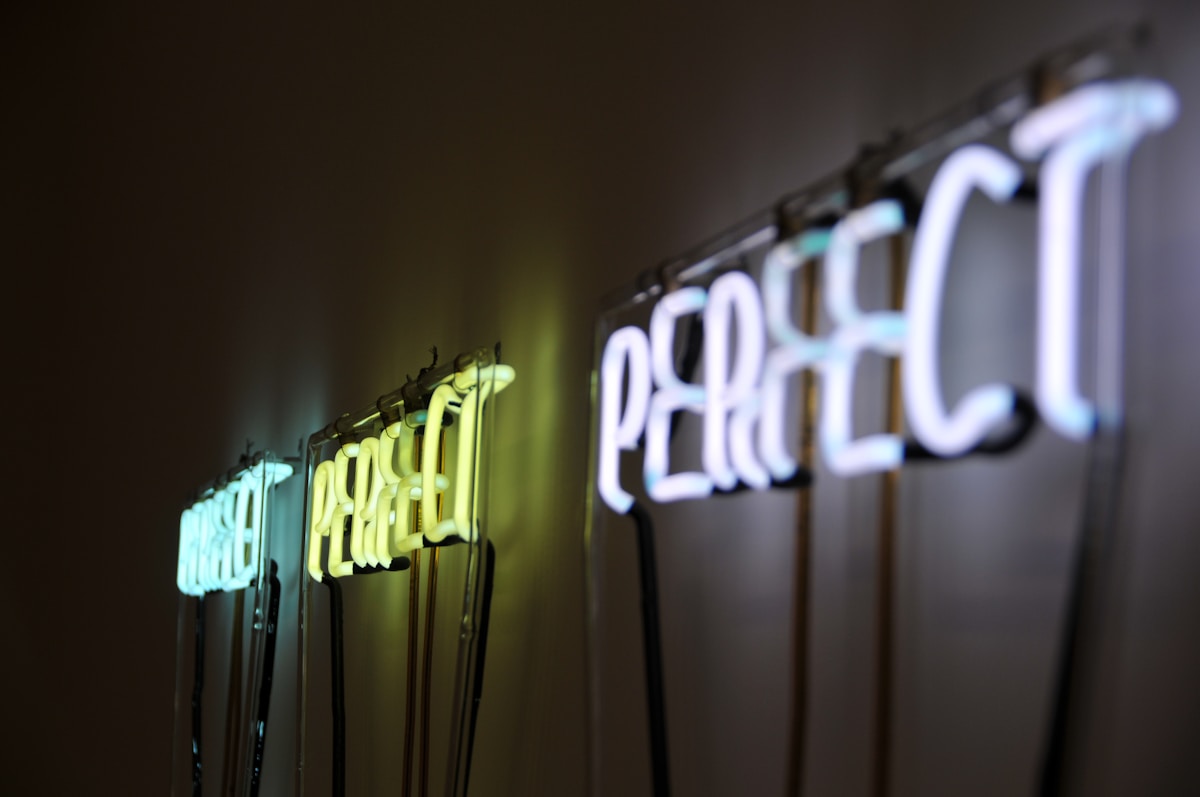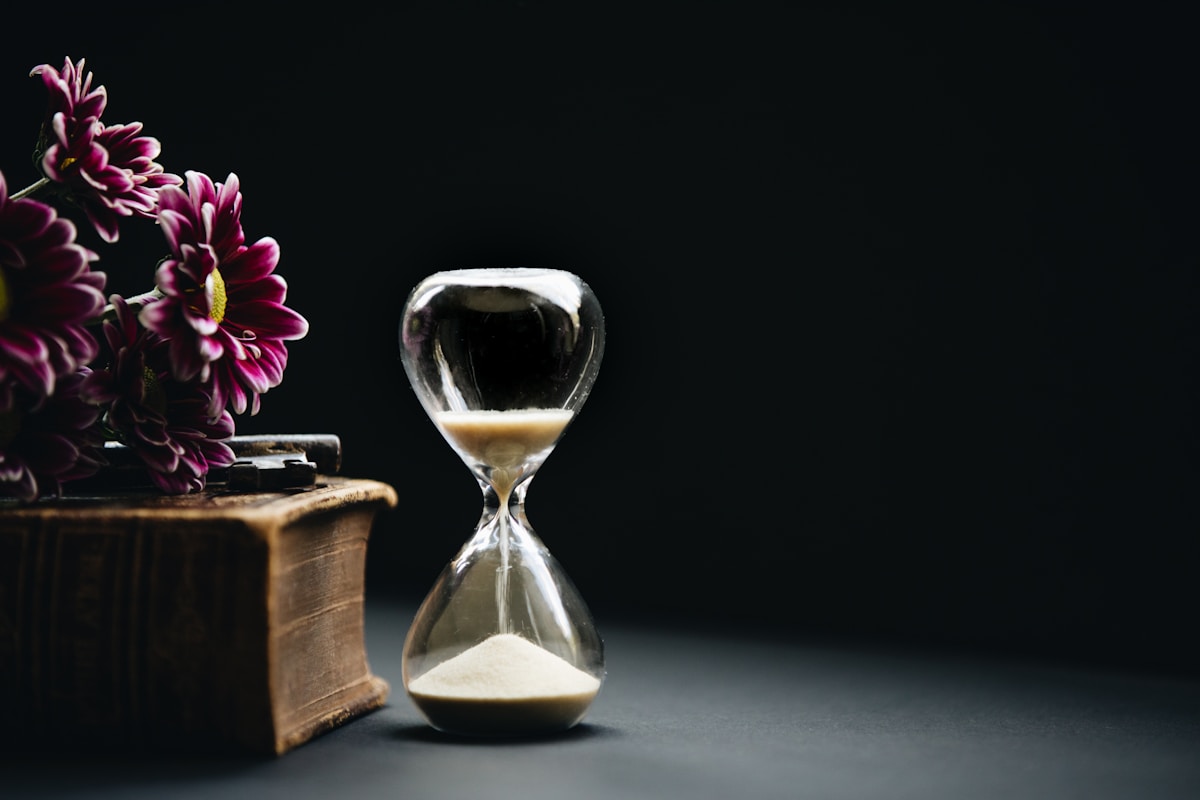May 11-17 is M.E. Awareness Week. M.E. stands for Myalgic Encephalomyelitis which, in simple terms, means pain and an inflammation of the brain and the spinal chord, but believe me there is nothing simple about this condition.
(myalgic (muscle pain), encephalo (brain), myel (spinal chord) itis (inflammation))
My mind and body were plagued for 8 years. I say plagued, because it affected every part of me, and the life I had known before I became ill changed dramatically - literally overnight. I went from being the life and soul of the party to a person I didn't recognise, but I came to realise I wasn’t meant to - M.E. was to become one of the best teachers I would ever have.
In a nutshell, I was housebound for a year and it took me another 7 years to get to full recovery. Times with the condition were obviously incredibly hard, painful and emotional. At times I felt suicidal. It’s thanks to the fantastic psychiatrist I was lucky to meet plus two other specialists who started me on my road to recovery - I did need some tough but gentle nudging towards it though - but it was necessary because thanks to my resilience and strength, which I didn’t even realise I had until then, that journey from illness to full recovery and all that went with it, allowed me to become the strong, calm and true version of myself and for that I will be forever grateful. Nothing takes away the emotion I sometimes feel though for having “lost” what I feel I could have had in those 8 years of my life, but life doesn't work like that does it? Thanks also to the work of Tony Robbins and my training with Robbins-Madanes, I realised that this was the path I was destined to “choose” and that was a huge part of the journey to my recovery - acceptance.
I am now in a very lucky position to be able to look back and be grateful for the things which M.E. taught me. Writing this blog has allowed me the opportunity to think about the 5 most impactful and important lessons which stay with me and are part of who I am today:
Lesson number 1 - I am good enough
Believe in yourself! Have faith in your abilities! Without a humble but reasonable confidence in your own powers you cannot be successful or happy. A sense of inferiority and inadequacy interferes with the attainment of your hopes, but self-confidence leads to self-realisation and successful achievement - Norman Vincent Peale
One of the things I really struggled with when I was ill with M.E. was self-doubt. I was suffering with very low self-esteem, something I have since realised I had for at least a year before I was diagnosed. Early on in the condition I couldn’t even think about recovery let alone take a very painful step towards it. I didn't have any belief in myself to do anything. The key change came when I realised that I was a human being deserving of a good life, that I was OK as me and I was just trying my best like everyone else. I had been striving for ‘perfection” for as long as I could remember, which of course is almost destined for failure (if you believe in that word!) because we all know that perfection doesn't really exist. All that perfectionism did for me was to take me longer and longer to do even the most simple tasks, because I was never satisfied with what I had done. A friend once said to me that my idea of failure was everyone else’s idea of perfection because I set such high standards for myself.
Lesson number 2 - It’s OK to slow down
Today I escaped from anxiety. Or no, I discarded it, because it was within me, in my own perceptions—not outside - Marcus Aurelius, Meditations.
Some of my nicknames from past jobs when I was younger have ranged from 5 o’clock panic, to whirling dervish, to nervous nerys; there were too many to mention! What I am saying is that I had constantly been rushing from place to place for as long as I can remember, worrying I was going to be late, worrying that I hadn't done enough for the time demands and rushing to get from meeting to meeting. Now the positive side of this is that I liked to do a good job, which is admirable, I know, but not when I tried to exceed that good job to the detriment of both my mental and physical health. I thrived on it for a long time, but once I felt more out of my depth with my new role and doubted myself more and more, it started to take away from me - add to that the need for perfectionism and people pleasing and that wasn’t a good mix! M.E. slowed me down, in fact it stopped me in my tracks and, although I was seriously ill for a very long time, it was right. It was a lesson I needed at that time and it is something I use still today. Stepping back to see what is really happening is an important part of life. I came to realise it wasn't necessarily that I was rushing around because of my jobs, but that I was rushing around because of my lack of belief in me. I was the one who was worried, but I needn't have been. I was more than capable, I was good at all my jobs, I just needed to believe it and to slow down.
Lesson number 3 - You don't need to be perfect -
The essence of being human is that one does not seek perfection - George Orwell
I mentioned perfection above. The “P” word is something I lived by for a long time, not consciously but unconsciously because I felt the unrealistically high standards I set myself hadn't been met. This isn't something that happened all the time, but when I became under more pressure in a more senior role at work, I started to doubt myself even more and any criticism, constructive or not, led me to strive for even more perfection which led me to finally burn out, break down and get seriously ill. This need for perfectionism didn't go overnight. It took many years to understand the drivers behind my behaviour and how to change it and part of that was getting to know me. In filling myself up with time for me, I was able to give a better part of me to other parts of my life. When we fill ourselves up with positive attention, such as daily exercise, meditation, time to be, we allow ourselves a break from needing to look elsewhere as much for validation. We are happy with ourselves and who we are, therefore the need to be so perfect naturally starts to disappear and we are able to let go a bit. Letting go was a large part of my journey to recovery, realising I didn't have to hold onto things so tightly, that everything would be OK and that I would be OK and letting go of that perfectionism was essential. Now I am not saying that I don't still have high standards, because I do, but I don't allow those high standards to dictate my every action. I do my best and know my limits and accept if I make a mistake. After all, I am only human.
Lesson number 4 - It’s OK to have time for me -
Nothing, to my way of thinking, is a better proof of a well-ordered mind than a person’s ability to stop just where they are and pass some time in their own company – Seneca
As with many serious illnesses, there are many stages - feeling so ill, the shock at the diagnosis, the realisation of what is happening, the fight to recover and finally the pride in the journey towards our own recovery. Each step along the journey with the illness takes us closer to who we are to become because of it. A huge part of my experiences was taking time for me; and I now realise that that time was essential because it allowed me to realise who I truly was and am inside. Taking time for ourselves is essential. There is often confusion about this, thinking that it is selfish to take time for us, but in my opinion that is not the case. Time for us is being positively selfishbecause it allows us to have more energy to give from us and we can be better versions of ourselves because of it.
Lesson number 5 - Life can and does get better -
Your life does not get better by chance, it gets better by change - Jim Rohn
I am proof of this. When I look back to 2004 and that first year with the illness, I honestly didn't believe that I would ever recover. I can now celebrate at how far I have come. The first thing I needed to do, and it is what I tell all my clients, was to believe that life does and will get better; you have to believe that you will recover. Once you set that goal and vision in your mind, subconsciously you will work towards it with objectivity and rhythm. What is not known is when this will happen but you have to believe that it will. When I was leaving the room after my first consultation with my psychiatrist, he called me back in and said these words to me: “By the way Sarah, I know you will recover.” I thought, at the time, he was just saying that, but what he was very cleverly doing, was setting that seed of belief in my mind and he was right. I did recover, not quickly, but when I was ready and part of that process was learning the lessons which M.E. was sent to teach me; once I knew that, I was ready. Believing that life can and does get better is a wonderful place to start; I am happier now than I have ever been and that is all because of the journey I have been on. None of it has been easy, a lot of it was not pleasant, I was in a lot of pain and have been very ill but, as Jim Rohn also said, when you are working towards a goal you have to think of pains you go through as labour pains, because you are about to give birth to something great. My journey to recovery from M.E. was my labour pain and who I became on recovery was me giving birth to my true self.
If you are struggling with a chronic condition like M.E., or if you are feeling confused or stuck in your life and want to feel freer and have more clarity, you can contact me here - https://bit.ly/2AdI7cJ




